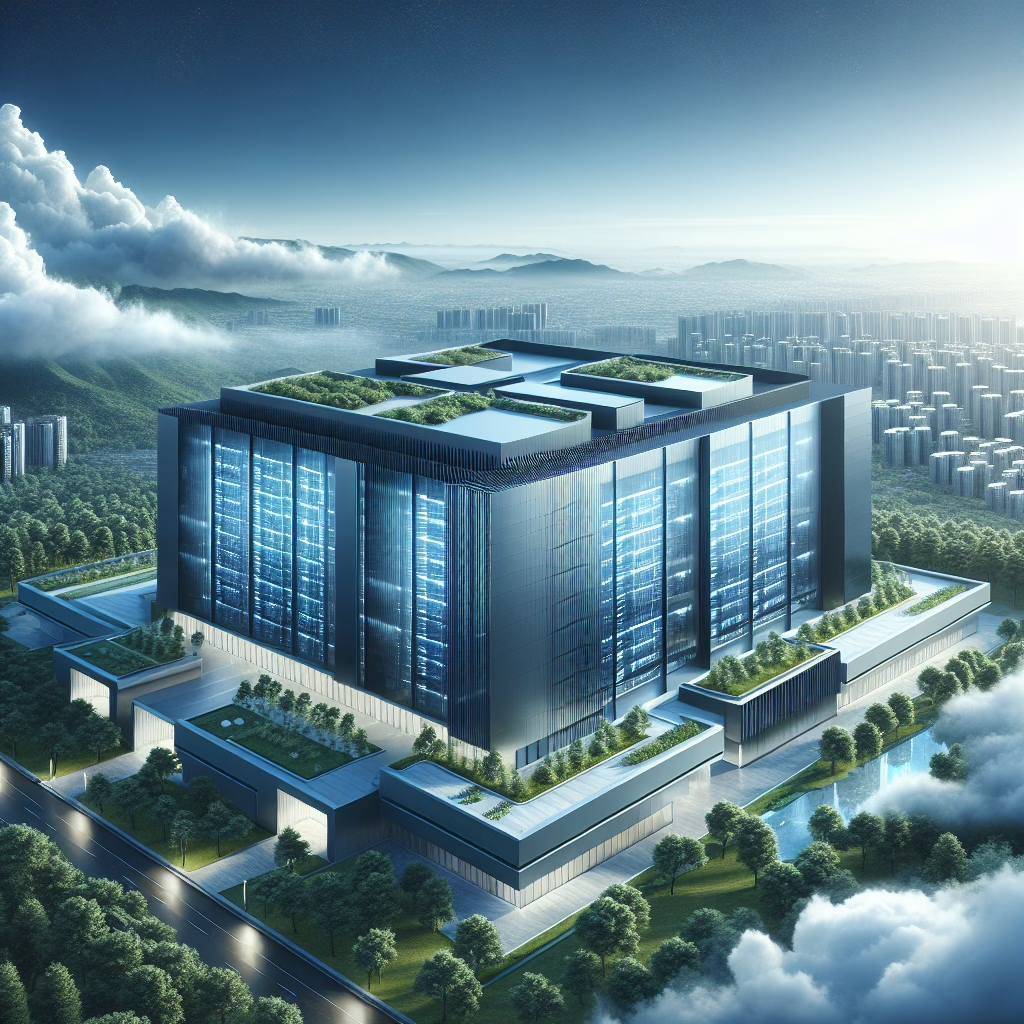In a world where technology and trade sometimes tango like a pair of clumsy dancers, Microsoft has decided to put a pause on its ambitious $1 billion data center project. This decision comes amidst growing concerns about tariffs, proving once again that in the tech world, even the biggest players can be tripped up by economic hurdles.
Why Tariffs Matter in Tech
Tariffs are like that surprise ingredient in your favorite dish that you never saw coming; they can really change the flavor of business plans. Microsoft’s decision to delay its data center project reflects a keen awareness of the current economic landscape. As tariffs fluctuate and trade tensions rise, companies like Microsoft are left juggling not just code but also costs.
With the US government contemplating new tariffs, particularly on technology products imported from countries like China, the stakes have risen significantly. For a company with global aspirations, such uncertainties can make planning feel more like gambling. And let’s be honest, no one likes to gamble with a billion dollars!
The Impact of Economic Decisions
So what does this mean for the future? Well, Microsoft is not alone in this predicament. Many tech giants are feeling the pressure from tariffs that could impact their supply chains. These economic decisions create a ripple effect, causing companies to rethink their strategies, budgets, and timelines.
- Delayed projects may lead to short-term losses.
- Innovation in cost-effective technologies could emerge.
- Strategic retreats allow for risk assessment and greater long-term gains.
When you think about it, delaying a data center project might sound like a setback. But perhaps it’s more of a strategic retreat! By pausing to assess the situation, Microsoft can save itself from potential financial pitfalls down the road. After all, who needs a shiny new data center if it comes with the hefty price tag of unexpected tariffs?
Data Centers: The Backbone of Modern Tech
Let’s not forget why these data centers are so crucial. They serve as the backbone of modern technology—housing servers that support everything from cloud computing to streaming services (yes, even your late-night binge-watching). In essence, they’re the unsung heroes of our digital age.
However, building these high-tech fortresses isn’t cheap or easy. Costs can skyrocket due to everything from construction materials to labor. And when tariffs come into play, it’s like adding extra toppings on an already loaded pizza—delicious but not always affordable!
The Future of Microsoft and Data Centers
So what’s next for Microsoft? While we wait for them to unveil their grand plans post-tariff evaluation, it’s worth noting that this decision might pave the way for smarter investments in future projects. By assessing risks now, they could emerge stronger later on.
Moreover, this delay could lead to innovations in how data centers are built and managed. Perhaps we’ll see more sustainable practices or even new technologies that make them cheaper and faster to deploy. If there’s one thing we know about tech companies—especially ones with deep pockets like Microsoft—it’s that they thrive on turning challenges into opportunities.
A Lesson in Adaptability
This situation serves as a reminder that adaptability is key in both business and life. Just as you wouldn’t wear flip-flops during a snowstorm (unless you’re really committed to making a fashion statement), companies need to adapt their strategies according to external factors like tariffs.
Microsoft’s decision may seem like a setback at first glance, but it’s actually an opportunity for recalibration. As we navigate through 2025 and beyond, let’s keep our eyes peeled for how these changes will shape not just Microsoft but the entire tech landscape.
In conclusion, while we wait for Microsoft’s next move regarding its data center project amidst tariff fears, let’s appreciate the complexities involved in running large-scale operations in today’s economy. The interplay between technology and economics is ever-evolving and will continue to influence how we interact with the digital world.
We’d love to hear your thoughts on this development! What do you think about Microsoft’s decision? How do you see tariffs affecting other tech companies? Share your insights in the comments below!
Special thanks to TechRadar for providing the foundation for this discussion!
For more insights on Microsoft’s innovative strategies and challenges, explore our article on These might be Microsoft’s new Office icons or how tech security is evolving with Hackers targeting influencers.

